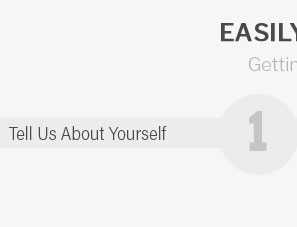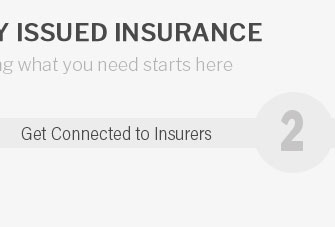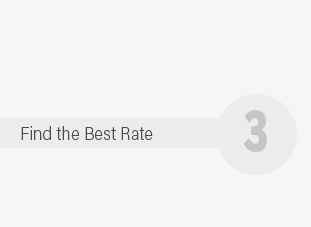 |
 |
 |
|---|
 |
 |
 |
 |
|---|
 |
 |
 |
 |
 |
 |
|---|

Understanding Health Insurance in New Jersey: A Comprehensive GuideIn the labyrinthine world of healthcare, navigating through the intricacies of health insurance can often feel overwhelming, particularly in a state like New Jersey where options abound. The Garden State, with its diverse population and unique healthcare needs, offers a plethora of choices for its residents. Understanding these options, the coverage they provide, and how they fit into your personal or family healthcare strategy is crucial. So, where does one begin? Let’s delve into the fundamental aspects of health insurance in New Jersey. Types of Health Insurance Plans Available: New Jersey residents have access to a variety of health insurance plans, each catering to different needs and financial situations. The primary categories include Health Maintenance Organization (HMO), Preferred Provider Organization (PPO), Exclusive Provider Organization (EPO), and Point of Service (POS) plans. Each of these plans has its own set of rules regarding network providers, referrals, and out-of-pocket costs. For example, HMO plans typically require members to choose a primary care physician and get referrals to see specialists, which might seem restrictive to some, but they often offer lower premiums and comprehensive care coordination. The Role of the Affordable Care Act: The Affordable Care Act (ACA) significantly impacts health insurance in New Jersey. The ACA marketplace provides a platform where residents can compare and purchase insurance plans. Importantly, it offers subsidies based on income, which can make health insurance more affordable for many families. In New Jersey, the state government has taken additional steps to stabilize the insurance market and ensure coverage availability, such as implementing a state-based exchange, known as GetCoveredNJ, which can offer additional benefits and state subsidies. What to Consider When Choosing a Plan: Selecting the right health insurance plan requires careful consideration of several factors. First, assess your healthcare needs and the frequency of required medical services. Do you have a chronic condition that necessitates regular visits to specialists? Or do you rarely see a doctor and prefer lower premiums? Budget is another critical consideration. While lower premiums are attractive, they often come with higher deductibles and out-of-pocket costs. Balancing these aspects is essential to ensure that the plan you choose aligns with both your health needs and financial situation. Employer-Sponsored Insurance and Alternatives: Many New Jersey residents obtain health insurance through their employers, which typically offers a cost-effective way to access healthcare. However, for those without employer-sponsored insurance, alternatives such as Medicaid or individual plans through the state exchange are available. Medicaid in New Jersey, known as NJ FamilyCare, provides free or low-cost health coverage for eligible individuals and families with limited income, ensuring a safety net for the most vulnerable. The Importance of Preventive Care: One cannot overstate the importance of preventive care, which is often covered at no additional cost under most health insurance plans, thanks to the ACA. Regular check-ups, vaccinations, and screenings can catch potential health issues early, reducing the need for more extensive and expensive treatments later on. New Jersey’s emphasis on preventive care is evident in its public health initiatives and coverage requirements.
Conclusion: Navigating health insurance in New Jersey requires a balance of understanding personal health needs, financial constraints, and the available options. By taking the time to research and compare plans, utilizing resources like the state exchange, and considering factors such as network restrictions and preventive care, New Jersey residents can make informed decisions that protect their health and their wallets. While the process might seem daunting, the peace of mind that comes with having appropriate health coverage is invaluable. After all, health insurance is not just a financial product, but a critical component of personal well-being. https://njfamilycare.dhs.state.nj.us/
That means qualified NJ residents of any age may be eligible for free or low-cost healthcare coverage that covers doctor visits, prescriptions, vision, dental ... https://www.nj.gov/getcoverednj/getstarted/new/
Based on your income, you may also qualify for free or low-cost coverage with NJ FamilyCare, the state's publicly funded health insurance program. You only ... https://www.horizonblue.com/
To learn more about Medicaid & Horizon NJ Health, visit horizonNJhealth.com or call 1-800-682-9090 (TTY 711). GET A QUOTE.
|
|---|